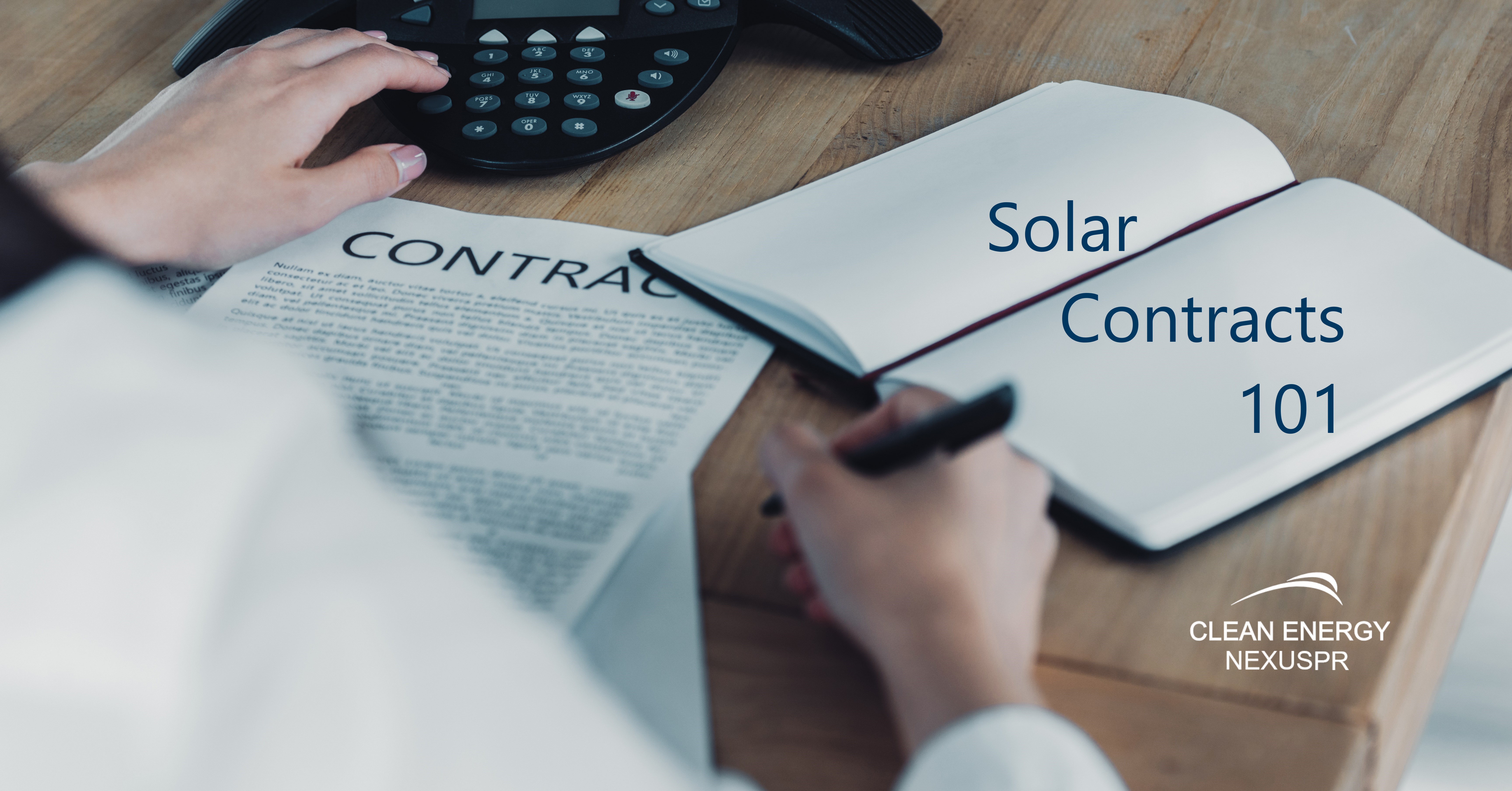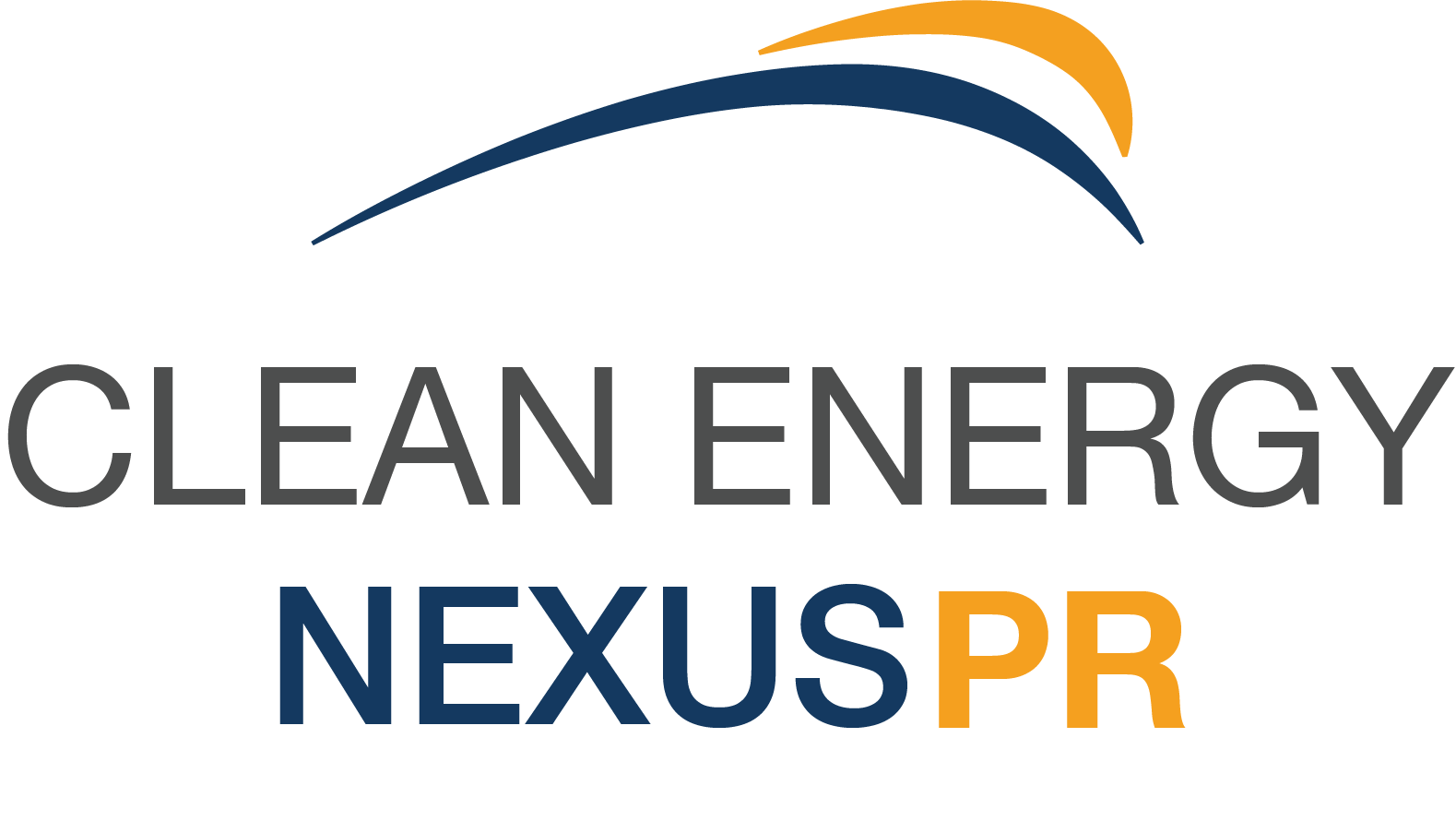One of the most difficult parts of going solar has nothing to do with the procurement of equipment, installation, or even shopping around for a great solar partner.
It's the paperwork.
Working with a solar company has it's perks; they handle all of the paperwork for you.
But what kind of paperwork should you expect as a customer during the process of going solar?

The reality is, even if you've decided to work with a solar company, you'll have to complete some of the paperwork yourself.
We've put together a list of the standard paperwork you should expect to have to provide or participate in when installing a solar power generation project. Don't let this list intimidate you if you're working with a solar partner, because they'll drive this process for you and ensure it's as painless as possible!
First, your solar partner will need to verify your company type and signatories with a copy of your Articles of Organization or Certificate of Formation.
If you're the owner of the property you're building a solar power generation project on, you'll be the Lessor granting a Lease to your solar partner to build the solar array upon. A lease for a solar array is similar to an apartment lease, but instead of leasing a set square footage in a building, it's for the set square footage on the piece of property the solar array will be occupying. This could be the rooftop for a building-mounted solar system, a parking lot for a canopy system, or greenspace for a ground mount system. Most solar companies will pay you for leasing your property for their solar system, presuming you as a customer are allowing them to pay for and own the system and you are purchasing the power. If your company does not own the property and you lease it yourselves, you'll need the permission of the property owner to build a solar array on their property even if it's only for the length of your lease term. You'll also need them to sign a number documents, including the Lease, that give your solar partner access to that part of the property to provide maintenance, conduct periodic tests to ensure the equipment is in full working order, etc.
Before you sign the Lease, you'll need to provide the Property Deed and a list of mortgages and liens/encumbrances on the property, usually through a Title Search from a reputable title company. You'll also be asked to share your Property Insurance documents to show that you have General Liability insurance that covers your property, and Workers' Comp insurance that covers anyone working on the property. Mortgaging banks always hold a first lien position, and they'll also need to sign a document (called an SNDA) that acknowledges they are aware of your solar partner's rights to access the property in case it changes hands down the line due to a sale, foreclosure, title transfer, etc.
One of the most important documents you'll want to negotiate with your solar provider is the Power Purchase Agreement, or PPA. The main purpose of the PPA is to set the rate at which you'll purchase the electricity from the solar company once the system is generating power for the term of the PPA; usually between 15-25 years. Your company should be saving money by installing a solar system and purchasing power from it, so look back at the kilowatt hour price your company has been paying for the last few years to ensure you'll be saving money by going solar.
Near the end of the project when the solar system is close to being turned on and interconnected to the local utility, you'll likely be asked to sign some more real estate documents to verify that the information provided at the beginning of the project hasn't changed. An Estoppel and a Bring Down Certificate may be included in those documents.
All in all, most of these documents are things you likely have stored in your office filing cabinet from the process of starting your company, leasing or purchasing your building, and day-to-day management like paying bills. Choosing to invest your time to install a solar power generation system benefits your company in many ways - not which of least is your bottom line with all the money you'll save on your monthly electricity bills - and most find it's a worthy investment.
Photo credited to DepositPhotos.com
